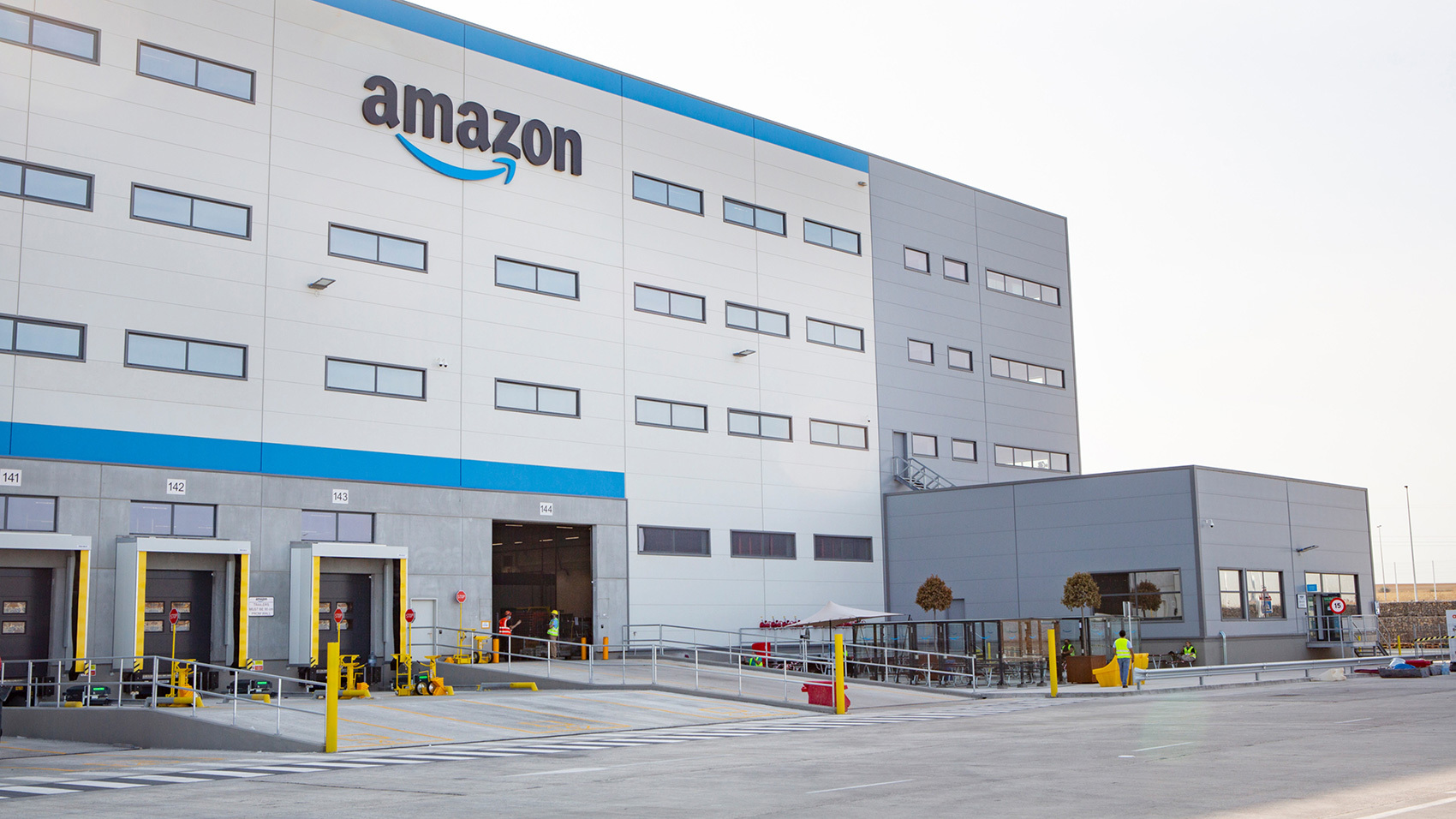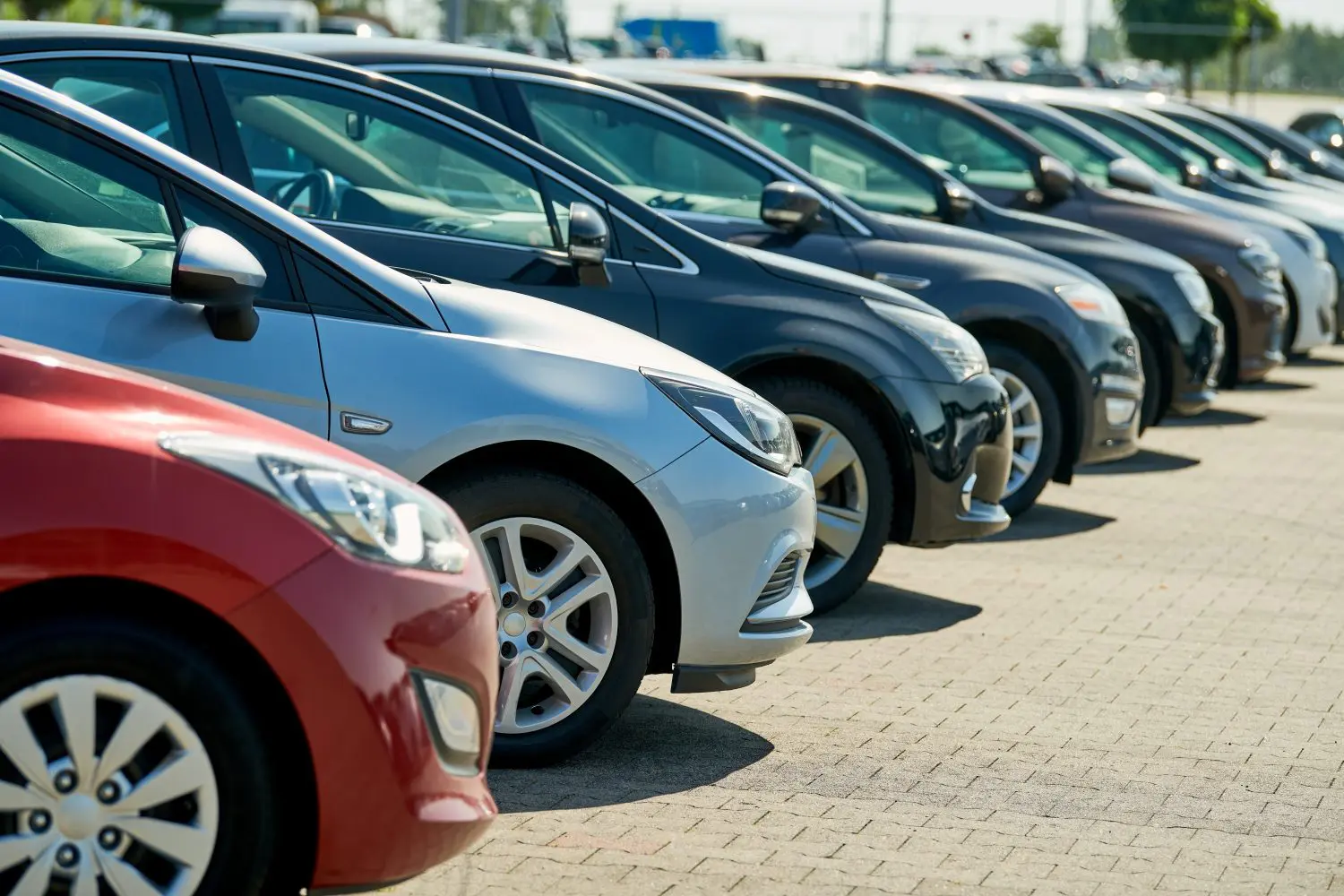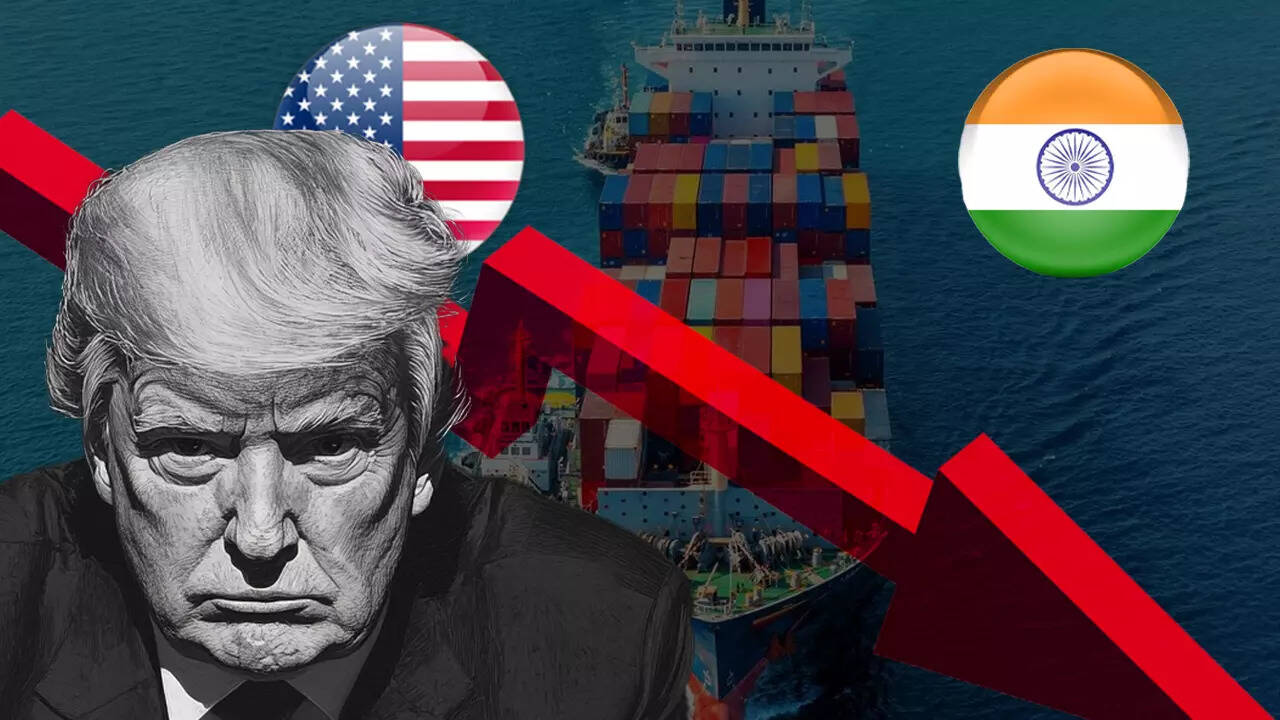resilience has become a top priority.
How can businesses predict, prepare for, and respond to disruptions effectively?This article explores key lessons from global supply chain crises, how Indian businesses can mitigate risks, and the future of resilient supply chains.
Major Global Supply Chain Disruptions & Their Impact
1. COVID-19 Pandemic (2020-2022) – The Great Supply Chain Shock
📌 Impact:
- Factory shutdowns in China & Southeast Asia led to raw material shortages for Indian industries.
- Shipping delays & container shortages disrupted global trade.
- Spike in demand for e-commerce & medical supplies stressed logistics networks.
📌 Lesson: Diversify suppliers & invest in local manufacturing
- Indian companies like Maruti Suzuki & Bajaj Auto started sourcing critical parts from domestic suppliers rather than relying solely on China.
2. Russia-Ukraine War (2022-Present) – Energy & Commodity Crisis
📌 Impact:
- Oil & gas price surges increased transportation costs for Indian businesses.
- Disruptions in semiconductor supply affected electronics & automotive manufacturing.
- Wheat & sunflower oil shortages impacted India’s food supply chain.
📌 Lesson: Build alternative sourcing strategies & secure key resources
- Reliance Industries & Tata Steel diversified oil and metal sourcing to reduce dependency on Russian imports.
- The PLI (Production-Linked Incentive) scheme is boosting semiconductor manufacturing in India.
3. Suez Canal Blockage (2021) – The Domino Effect on Global Trade
📌 Impact:
- The Ever Given container ship blocked the Suez Canal for six days, halting 12% of global trade.
- India’s export shipments to Europe & the Middle East were delayed.
- Freight rates skyrocketed, leading to increased costs for importers & exporters.
📌 Lesson: Enhance logistics flexibility & invest in alternative routes
- Adani Ports & DP World India expanded capacity at key ports to handle rerouted shipments.
- Businesses started using the International North-South Transport Corridor (INSTC) to reduce dependency on the Suez route.
4. Chip Shortage Crisis (2020-2023) – Impact on Automobiles & Electronics
📌 Impact:
- Semiconductor shortages delayed production in India’s automotive (Tata Motors, Mahindra), smartphone (Samsung, Xiaomi), and consumer electronics (LG, Sony) sectors.
- Car waiting periods increased from 2 months to 8+ months due to limited chip supply.
📌 Lesson: Strengthen domestic manufacturing & reduce reliance on imports
- India’s ₹76,000 crore semiconductor policy is incentivizing chip production.
- Vedanta-Foxconn’s Gujarat semiconductor plant aims to make India self-sufficient in chip manufacturing.
5. Natural Disasters & Climate Change – Increasing Risks
📌 Impact:
- Floods, cyclones, and heatwaves disrupt production & transportation.
- The 2023 North India floods affected supply chains for FMCG & pharmaceutical companies.
📌 Lesson: Invest in climate-resilient infrastructure & smart forecasting
- Companies like ITC & Britannia use AI-based weather forecasting to plan inventory & logistics routes proactively.
How Indian Businesses Can Strengthen Supply Chain Resilience
🔹 1. Diversify Supplier & Manufacturing Networks
- Reduce over-reliance on China by building partnerships in Vietnam, Indonesia, Bangladesh, and domestic manufacturing hubs.
- Example: Tata Motors sources auto components from multiple countries to prevent disruptions.
🔹 2. Digital Supply Chain & AI-Powered Forecasting
- AI helps predict demand fluctuations & optimize inventory.
- Case Study: Reliance Retail uses AI-driven inventory planning to ensure steady stock availability in its stores.
🔹 3. Nearshoring & Local Sourcing Initiatives
- Businesses are shifting to "China+1" strategies to strengthen domestic supply chains.
- Example: Hero MotoCorp is increasing local production of electric vehicle components.
🔹 4. Smart Logistics & Alternative Trade Routes
- Indian businesses are using the India-Middle East-Europe Corridor (IMEC) and INSTC as alternatives to traditional routes.
- Case Study: Adani Ports is investing in multi-modal logistics parks & digital tracking.
🔹 5. Sustainable & Green Supply Chain Practices
- EVs, biofuels, and carbon-neutral logistics are reducing environmental risks.
- Example: Flipkart is electrifying its last-mile delivery fleet to lower fuel dependency.
Future Trends in Supply Chain Resilience
🔹 AI & Blockchain for Real-Time Supply Chain Visibility
🔹 Expansion of India’s National Logistics Policy (NLP)
🔹 Growth of Cold Chain & Pharma Supply Chain Infrastructure
🔹 Increased adoption of Predictive Analytics for Risk Management
🔹 EV & Renewable Energy-Powered Supply Chains
📌 Example: Amazon India uses machine learning for dynamic demand forecasting, reducing inventory shortages.
Conclusion
The global supply chain landscape is unpredictable, but Indian businesses can build resilience through:
✅ Diversified supplier networks & nearshoring
✅ Digitalization & AI-driven forecasting
✅ Sustainable logistics & alternate trade routes
✅ Government-backed initiatives for self-reliance
By adopting smarter strategies & leveraging technology, companies can mitigate risks & ensure uninterrupted operations in a rapidly changing world.
.png)
.png)







